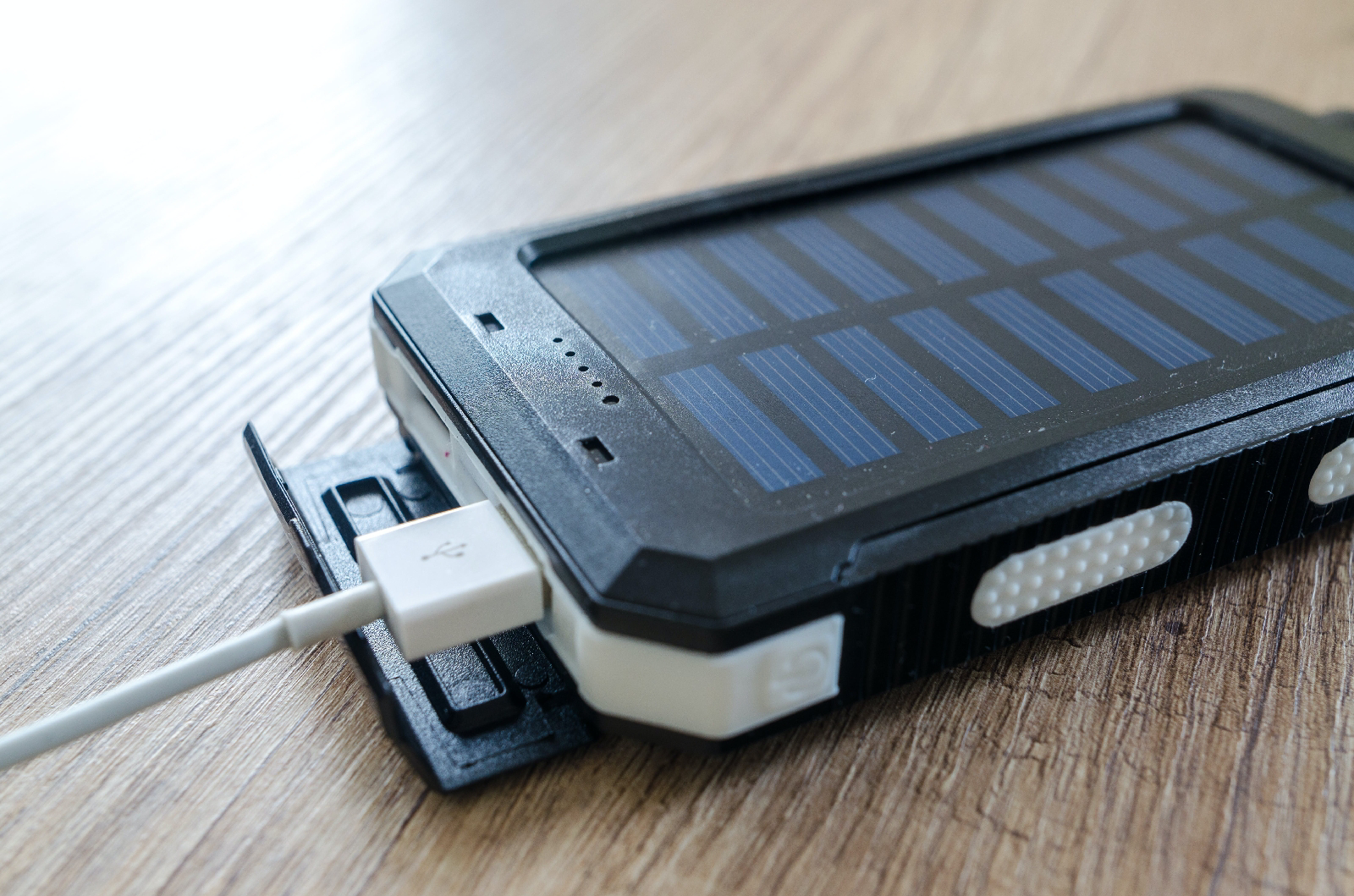Hydrogen Fuel Cells: Powering the Future of Transportation
Introduction to Hydrogen Fuel Cells
In the quest for clean and sustainable transportation, hydrogen fuel cells have emerged as a promising alternative to conventional fossil fuels. This blog explores the transformative potential of hydrogen fuel cells in revolutionizing the future of transportation.
Understanding Hydrogen Fuel Cells
Hydrogen fuel cells convert hydrogen gas into electricity through an electrochemical process, emitting only water vapor and heat as byproducts. This technology offers a zero-emission solution, making it an attractive option for reducing greenhouse gas emissions from the transportation sector.
Advantages of Hydrogen Fuel Cells in Vehicles
Fuel cell vehicles (FCVs) equipped with hydrogen fuel cells boast several advantages. They offer longer driving ranges and shorter refueling times compared to battery electric vehicles (BEVs). Moreover, hydrogen can be sourced from diverse renewable sources, ensuring a sustainable energy supply.
Infrastructure Development and Accessibility
Despite the potential, challenges exist in establishing a comprehensive hydrogen infrastructure. Building hydrogen refueling stations and ensuring a reliable supply chain are critical steps towards making hydrogen fuel more accessible for widespread adoption in the transportation sector.
Applications Beyond Cars: Trucks, Buses, and More
Hydrogen fuel cells find applications beyond cars, with heavy-duty vehicles such as trucks and buses increasingly adopting this technology. The efficiency, zero-emission nature, and suitability for longer distances make hydrogen fuel cells an attractive option for various transport modes.
Research and Technological Advancements
Ongoing research focuses on enhancing the efficiency and durability of fuel cells while reducing production costs. Innovations aim to overcome limitations, improve performance, and make hydrogen fuel cell technology more competitive in the automotive market.
Challenges and Future Outlook
Challenges in hydrogen production, storage, and distribution remain significant barriers to widespread adoption. However, collaborations between governments, industries, and research institutions aim to overcome these hurdles, paving the way for a hydrogen-powered transportation future.
Conclusion: A Clean and Promising Path Forward
Hydrogen fuel cells hold immense potential in revolutionizing the transportation sector. Their zero-emission capability, quick refueling, and diverse applications underscore their viability as a clean energy solution, driving the transition towards a more sustainable transportation future.




Comments
Post a Comment